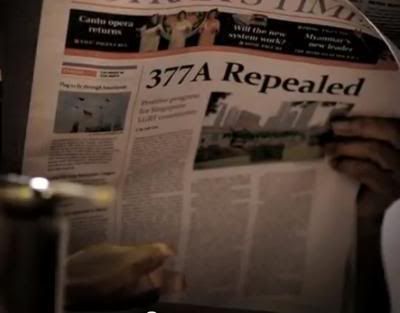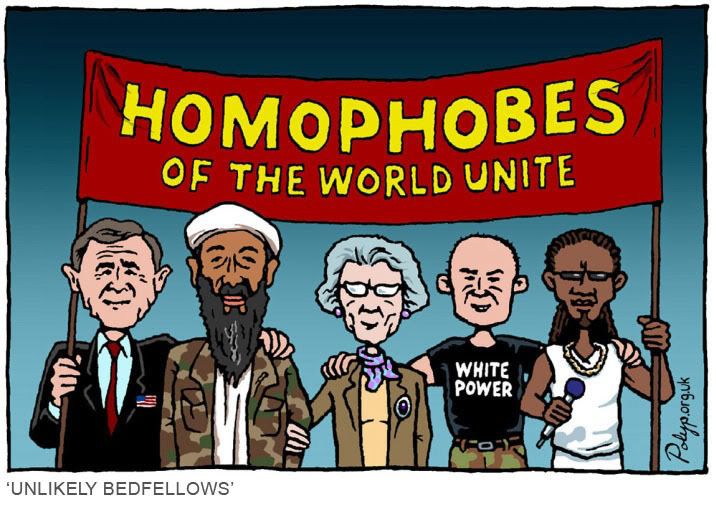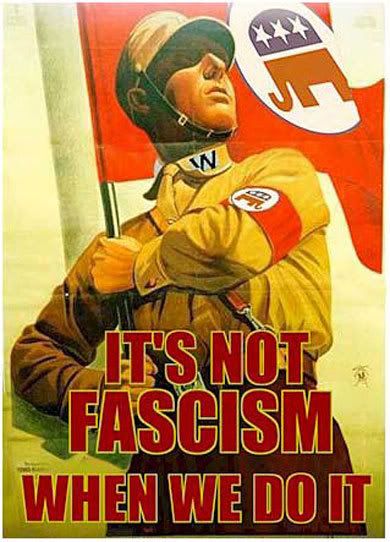Gay rights: It's not a religious question
@
18:24
•
civil rights,
freedom,
gay rights,
politics,
religion,
secularism
•
0
comments
![]()
Watching Spielberg's Lincoln feels at first like watching a distant, momentous time–a time from which our banal modern lives with its host of "First World problems" are far removed.
But then I realised that there are still freedoms to fight for today, and in Singapore some of those are gay rights. There is still a law against homosexuality in Singapore which stands for an unwarranted intrusion of the state into people's private lives. And there is still significant support for that law, especially among the religious. To put it simply, these people are wrong; I'll tell you why.
Firstly, those who support the law are unable to give good evidence that the repeal of such a law would negatively affect society in any significant way. Why would it deprive any groups of rights when it actually helps a currently marginalised group? Do people have a right to ban something they don't like? And how would it destroy the family structure? Would birth rates decline significantly if homosexuality is no longer illegal? Or would it simply cause more people to lead immoral lives?
This last question is really the crux of the matter–those people have a moral objection to homosexuality. That's alright, but what makes homosexuality so special that they want to prohibit it by law? Why do they not seek to ban other sins such as gambling, prostitution or binge drinking with the same vigour and vociferousness?
Conservatives tend to put some stock in the ideas of personal responsibility and self-control. And where sins do not cause direct harm to others, they don't like to advocate such sweeping legal interventions as outright bans. However, the same position is not adopted towards homosexuality, and thus their opinion on its legality seems out of character and even irrational.
Moreover, it's foolish to insist on imposing your faith-based moral code on the legal system. Far from being a dirty word, the notion of secularism should, in law and in politics, be upheld by religious groups. Pluralism is bound up with secularism, for without the latter, a dominant religious group could persecute other groups. For example, Islamic countries may try to forbid or restrict Christian worship. A non-secular system would only benefit whichever group happens to be the most powerful. Thus, and thinking about fellow believers who are persecuted in other parts of the world, how could the religious fail to uphold secularism?
The bottom line is religion should not be brought into the debate about the law. At the same time, the non-religious arguments for keeping the ban have so far been unable to go beyond baseless talking points and wild theories about the consequences the law's repeal. Without good arguments backed by solid empirical evidence, there is simply no case for criminalising a whole swath of the population over their private choices.



